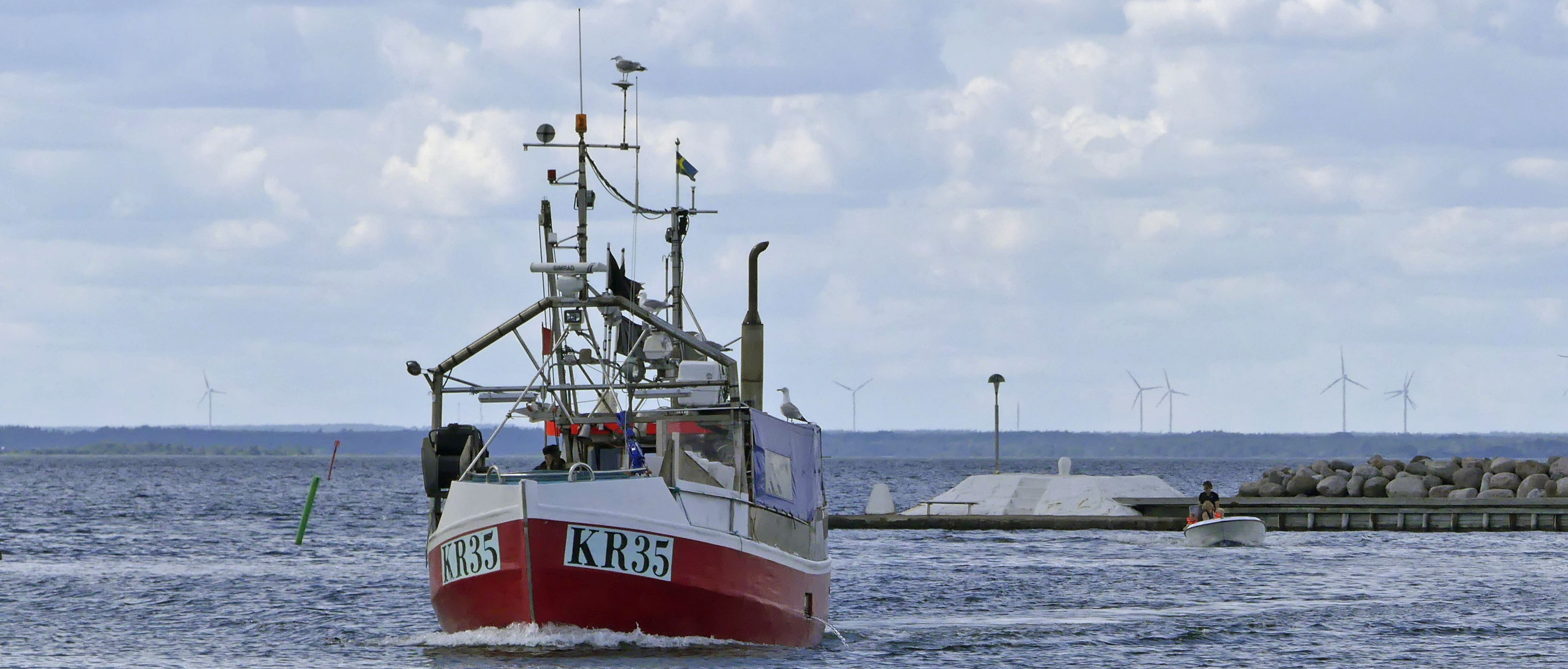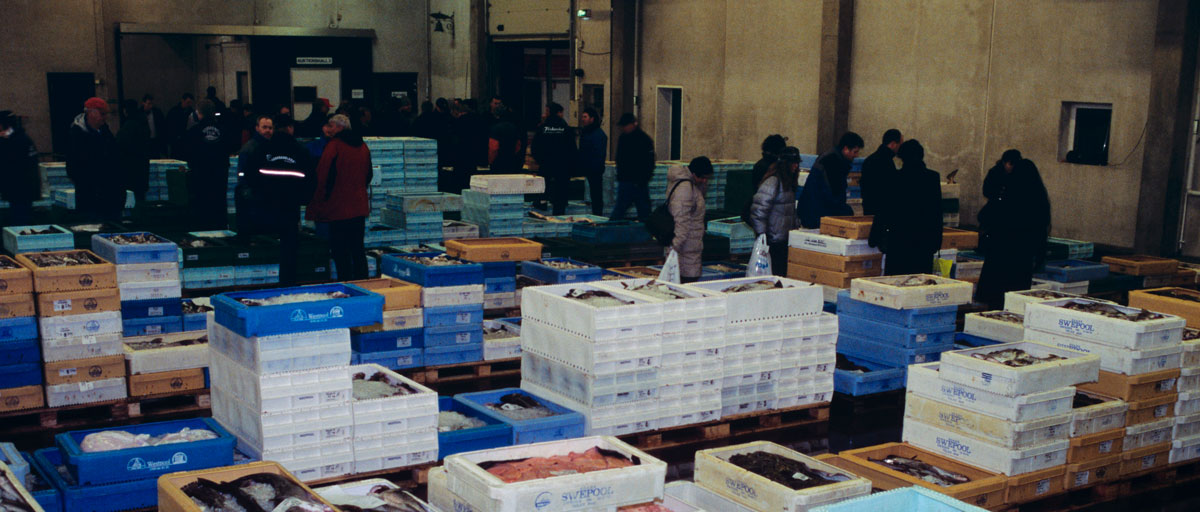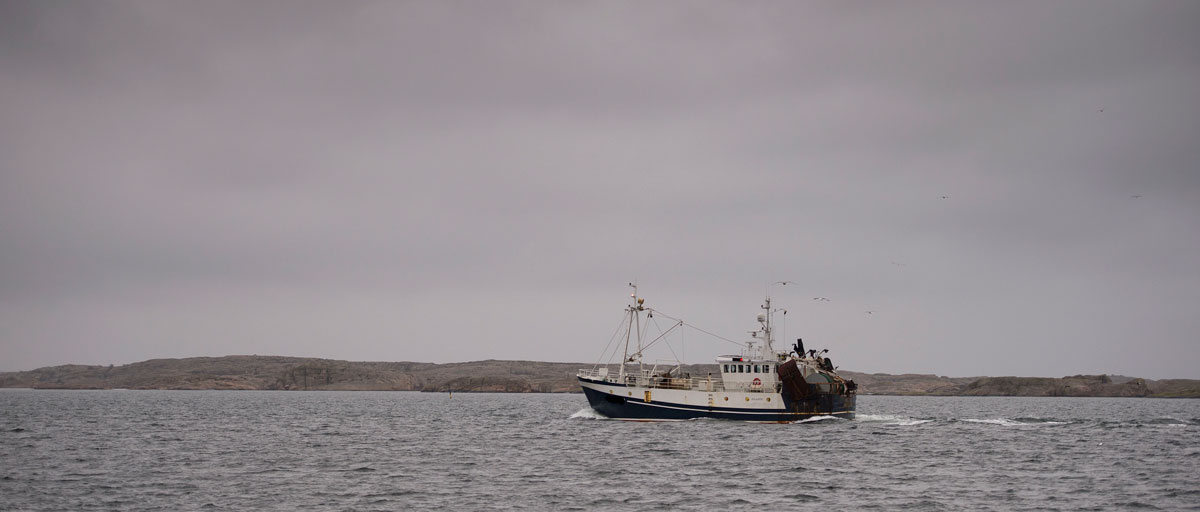
New study uses the collapse of Baltic Sea cod as example to illustrate how a diversity of policy science frameworks can be useful in social-ecological research. Photo L. Carlsson/Azote
Bildtext får vara max två rader text. Hela texten ska högerjusteras om den bara ska innehålla fotobyline! Photo: B. Christensen/Azote
Policy science
How to pick your policy frame
New study provides a guide for social-ecological researchers to better include policy science in their work
- Interactions between people and ecosystems are influenced by policies
- Political complexity needs to be better accounted for in social-ecological research
- Established frameworks can help tackle that complexity by highlighting the different aspects that drive the policy process.
Dealing with the uncertainty, surprise and abrupt change that is innate to social-ecological systems is more readily done if governance of the systems is self-organized, flexible and adaptive, so the research tells us. Governance arrangements are however embedded in politics, and political processes will often influence how they change and adapt.
In this way the interactions between people and ecosystems are influenced by policies, outlining what is and isn’t acceptable conduct. Though we may think of them that way, policies are rarely a simple response to an issue aiming to provide the most efficient solution – rather they are the products of rather complex political interactions.
Though social-ecological systems researchers have addressed contributions from policy science before, centre PhD student Kirill Orach and centre researcher Maja Schlüter argue, , that this has not been done in a way that sufficiently accounts for the diversity of available frameworks. In their study, which was recently published in Global Environmental Change, Orach and Schlüter believe that considering a greater diversity of frameworks would be beneficial and provide a guide to facilitate that process.
"...careful selection of the framework, applying several frameworks to look at the case from different perspectives and combining insights can move us closer to tackling governance complexity"
Maja Schlüter
”Different frameworks from policy science will be suited for answering different sets of questions and therefor relevant for different cases. In this study we provide a systematic overview and analysis of some of the theoretical framings and understandings of policy change and the policy process from policy science,” says Orach.
”We hope that this will make it easier for researchers focusing on social-ecological systems to incorporate this dimension into their research.”
The pick of the litter
To choose appropriate frameworks Orach and Schlüter devised three categories for selection:
1) that the framework is well established and tested, 2) that the framework can explain what happens at multiple stages of the policy process, such as agenda setting, policy formulation, implementation and evaluation, and 3) that the framework is comprehensive in the way that it describes the policy process, taking into account aspects such as conflicting values and interests, information flows and institutional arrangements.
Based on these criteria the authors ended up with five frameworks to analyse:
- Advocacy Coalition Framework (AC)
- Punctuated Equilibrium (PE)
- Institutional Analysis and Development Framework (IAD)
- Multiple Streams (MS)
- Policy Networks Approach (PN)
These frameworks were then compared with regards to how they how they understand and describe the policy process, policy change and its mechanisms, what model or models of individuals used in the framework and the frameworks’ level of analysis and application.
Choosing a frame To illustrate the differences between the frameworks Orach and Schlüter use an example from the Baltic Sea, and the collapse of its cod population in the late 1980’s. Rising fishing pressure in combination with environmental drivers caused the collapse, and after the fact the Baltic cod fishery governance had a hard time adopting sustainable policies, anticipating and adapting to environmental change, reducing conflict and building trust among the resource users.
In applying each of the five frameworks to see why fisheries policy didn’t respond to turn the trends after the collapse it becomes clear that they each draw attention to different aspects of the political complexity and thus provide alternative views on understanding adaptive processes in governance.
“The frameworks pay attention to different aspects of the policy process that may explain why there was no policy response and what the barriers were for transformation to happen, for example the beliefs of or relationships between actors or the institutional setting,”explains Orach “In this way each framework helps explore different sides of a complex issue.”
For example the Advocacy Coalition Framework (AC) and Punctuated Equilibrium (PE) both suggest directing attention to the different actors and actor groups in the policy process and the relationships between them. AC further provides insight concerning the role of beliefs that hold different actor coalitions together and filter the information they take in. These aspects would probably be important for a researcher engaged in looking at the issue on the EU-level.
PE on the other hand looks at system-level processes of incremental and punctuated change, and is better suited for describing what happened in the policy process on a national level.
Guiding the way forward The goal of social-ecological systems research may not be to test and develop policy theory, but to use these theories to better understand adaptive governance and transformations towards sustainability.
“Of course capturing all the intricacies of the policy process in all the possible settings will be an impossible task for any framework or even a combination of frameworks. However, careful selection of the framework, applying several frameworks to look at the case from different perspectives and combining insights can move us closer to tackling governance complexity,” explains Schlüter.
Citation: Orach, K., M. Schlüter. 2016. Uncovering the political dimension of social-ecological systems: Contributions from policy process frameworks. Global Environmental Change 40 (2016) 13–25.
Kirill Orach's research is part of the SES-LINK project which aims to systematically investigate the nature of social-ecological linkages and feedback loops within a range of case studies. It combines frameworks and methods used in political and social science with approaches from resilience and natural sciences.
Maja Schlüter studies the co-evolution of social-ecological systems (SES) resulting from interactions between actors, institutions and ecosystems over time. She is particularly interested in how the nature of the links between the social and ecological systems affects the resilience and governance of SES.








